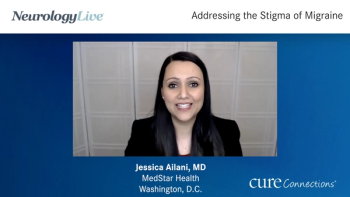
A panel of healthcare professionals and patient advocates with migraine recognize the social stigma associated with the condition despite its prevalence in the community.
Director, MedStar Georgetown Headache Center, and associate professor of neurology, MedStar Georgetown University Hospital

A panel of healthcare professionals and patient advocates with migraine recognize the social stigma associated with the condition despite its prevalence in the community.
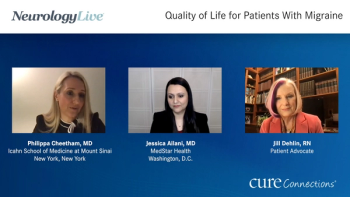
Philippa Cheetham, MD, and Jill Dehlin, RN, comment on the severity of migraine attacks and concerns that migraines may trigger more series events.
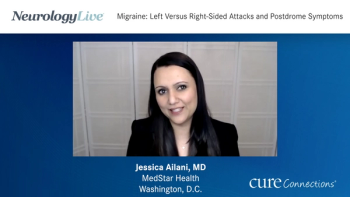
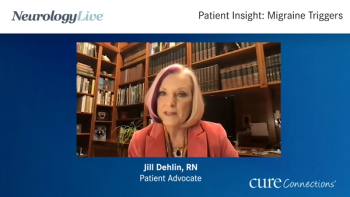
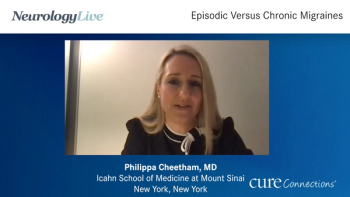
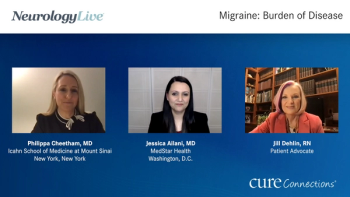

Guest editor in chief Jessica Ailani, MD, FAHS, FAAN, provides an overview of the challenges and benefits associated with telemedicine.

The director of MedStar Georgetown Headache Center and associate professor of neurology at MedStar Georgetown University Hospital discussed how this year has proved that telemedicine is likely here to stay.

The director of MedStar Georgetown Headache Center and associate professor of neurology at MedStar Georgetown University Hospital spoke to the specific datasets she is anticipating at the AHS 2020 meeting.

The AHS fellow, director of MedStar Georgetown Headache Center, and associate professor of neurology at MedStar Georgetown University Hospital spoke to the rapid expansion of headache medicine and what new research will be discussed at AHS 2020.

The AHS fellow, director of MedStar Georgetown Headache Center, and associate professor of neurology at MedStar Georgetown University Hospital discussed what topics the plenary talks will cover at AHS 2020.

The AHS fellow, director of MedStar Georgetown Headache Center, and associate professor of neurology at MedStar Georgetown University Hospital spoke to what to expect from this year��’s annual scientific meeting.
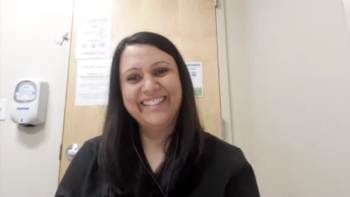
The director of MedStar Georgetown Headache Center and associate professor of neurology at MedStar Georgetown University Hospital discussed the findings of an analysis from the ACHIEVE studies of ubrogepant.

Reproductive considerations and hormonal fluctuations throughout a woman’s life require careful consideration when treating migraine.
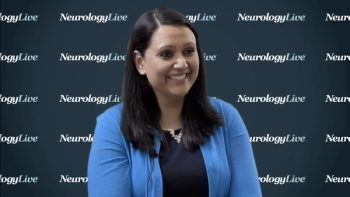
The director of the MedStar Georgetown Headache Center discussed the barriers to patient and clinician education in migraine and the gap in available interventions for the diverse patient population.

Epidemiology studies are useful to clinicians because they highlight diagnosis and prescribing patterns, common trends within a disease, and unmet needs.

The director of the MedStar Georgetown Headache Center spoke about the higher-than-desired rates of opioid prescriptions for patients with migraine, and how new treatment options and provider education can help lower those numbers.

The director of the MedStar Georgetown Headache Center spoke about ubrogepant’s long-term safety and efficacy and its potential to fill the large gap that remains in acute migraine care.

The director of the MedStar Georgetown University Hospital Headache Center discussed the importance of understanding the biologic mechanisms of migraine for patients and providers.

The director of the MedStar Georgetown University Hospital Headache Center stressed building a culture of teaching patients to be their own advocates and to build the relationship with the patient to better manage their migraines.

The director of the MedStar Georgetown University Hospital Headache Center discussed the development of acute care options for patients to improve their quality of life and the management of their condition.